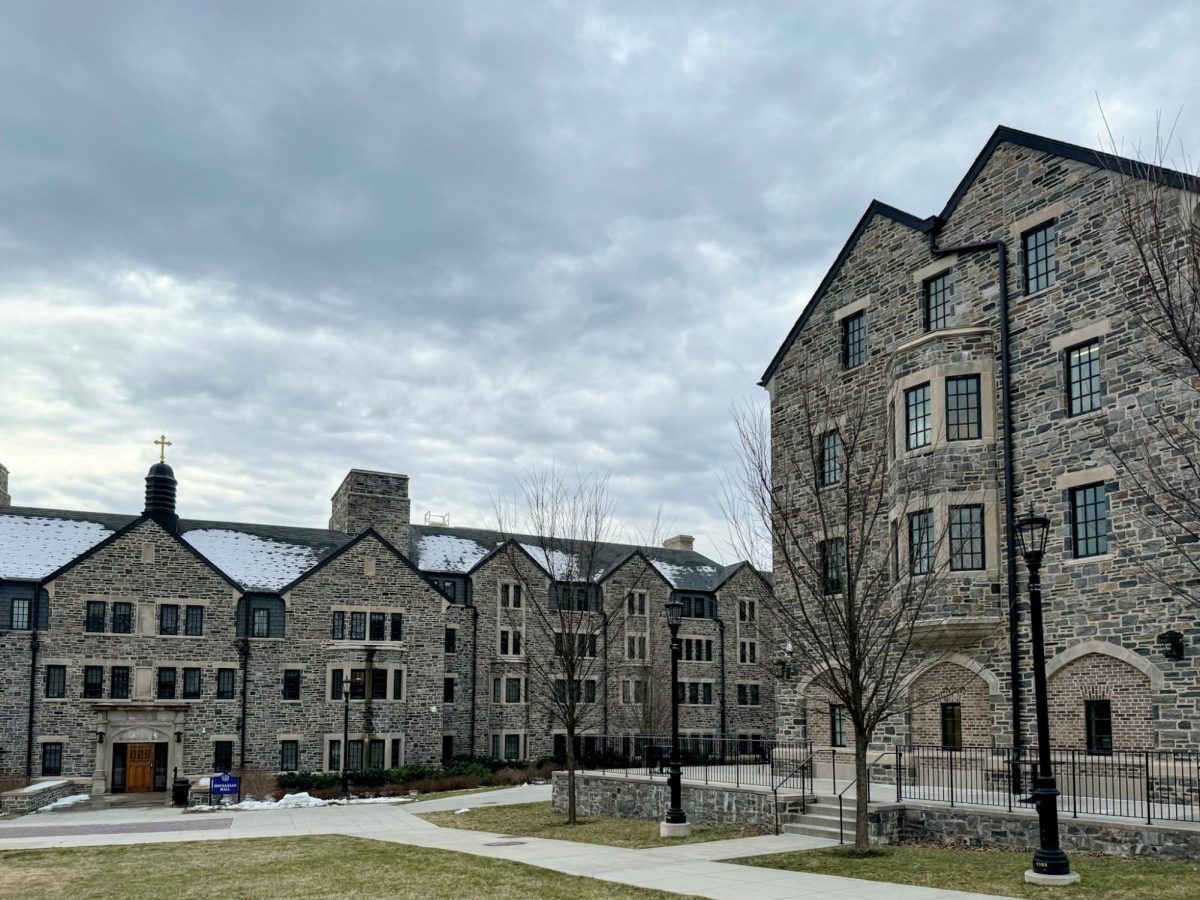Villanova students are guaranteed six consecutive semesters of on-campus housing if they are admitted as resident students. Compared to other schools this may seem rather generous, but in reality, schools such as Wake Forest offer on-campus housing to admitted students for four consecutive years, even if all students don’t take advantage of this. Since Villanova does not guarantee a fourth year of housing to its senior students, students must enter a lottery to determine whether or not they become a part of the one-third of the class who receives a fourth year of on-campus housing.
This boundary puts pressure upon the senior class. Although many seniors would prefer to live off campus for their final year as undergrads, the fact that one-third of the class receives on-campus housing leaves two-thirds of the class left to obtain the scarce amount of off-campus housing available around campus. This creates further disappointment following the announcement that the apartment complex referred to as Courts by many students will not be renting to Villanova students anymore. Furthermore, if a junior student decides to study abroad for a semester, they forfeit a whole semester of academic housing.
Some students argue for the boundary. Many college students in general end up living off campus by their sophomore year, most commonly if they go to school in the city, proving that the majority of college students are eager for the increased freedom and privacy of their own apartment or house. Villanova students are usually ready to live off campus by their senior year as Villanova is rather restrictive with the on-campus housing offered to students.
All freshman students at Villanova must live in traditional-style residence halls no matter how many roommates they choose to have. Furthermore, sophomore students are practically forced into this agreement, as well, with the slight exception of students in the honors college who may end up living in the Commons as sophomores. Many colleges have shifted away from this track, allowing sophomore students to be housed in suite-style living. It is very common for freshman students at any college or university to live in traditional-style dorms, but Villanova sophomores usually tend to become tired of sharing a communal bathroom once they’ve been doing it for two years.
Both on-campus and off-campus living have their perks and downsides. Many argue that on-campus living is the way to go as one gains easy access to campus, as classes and other on-campus resources are within walking distance from where one is living. On the other hand, on-campus living is notorious for not being the nicest or most modern form of living, leading some students to argue that off-campus living is the better option as one gains a nicer living space that is much more private. Although this is true, off-campus housing is harder to obtain while also practically forcing students who choose to live off campus to bring a car to school.
When reflecting on the situation as a whole, Villanova can make a few key changes. First, giving more sophomore students the opportunity to live in suite-style living arrangements, as opposed to traditional style dorms, would help raise student morale and incentive for living on-campus. Villanova could also do a bit more to advertise the necessity for upcoming senior students to start their search for off-campus housing early on, as it is a fact that only one-third of the senior class will receive a fourth year of on-campus housing.
Overall, on-campus and off-campus housing at Villanova have their unique pros and cons, but it is always important to make the best out of whatever living arrangement one finds themselves dealing with either on-campus or off-campus.



